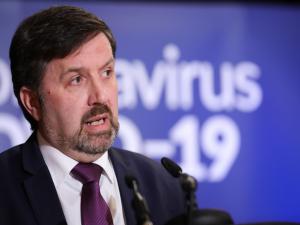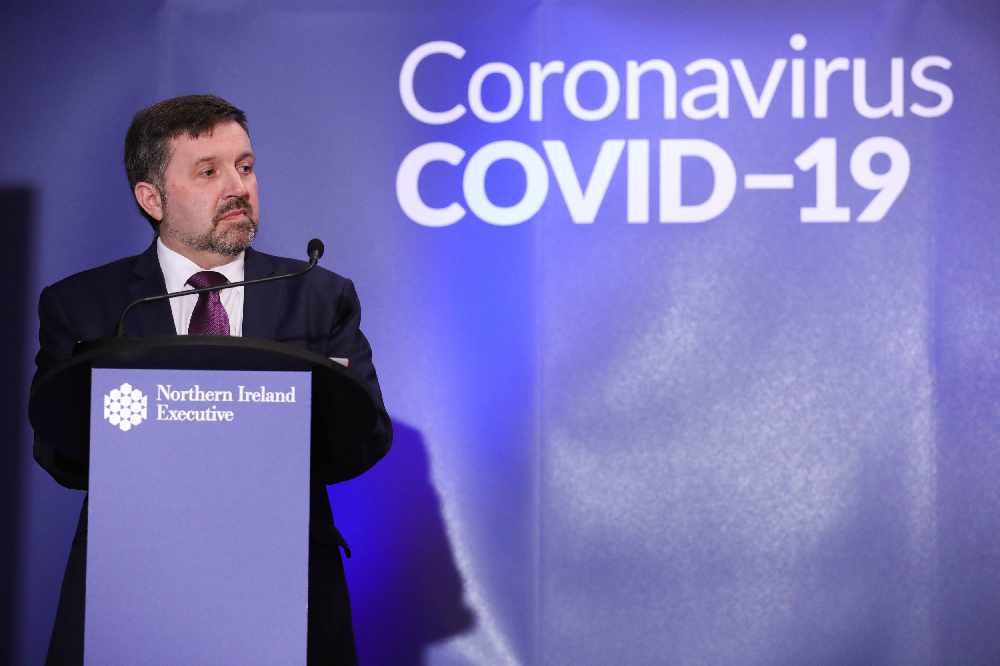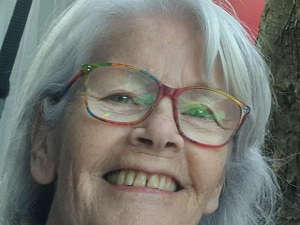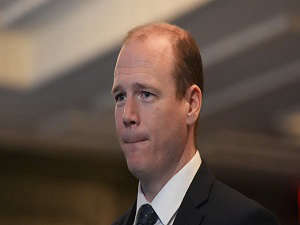
Q Radio News/PA
The Army will provide support to Northern Irish hospitals in the coming days, amid warnings of growing pressure on the health system.
Health Minister Robin Swann confirmed on Friday that his request for military assistance had been approved.
On Twitter, Mr Swann said: “I gladly welcome the approval of my request for military assistance to ease the current pressures on our hospitals.”
“This is an important practical step to support our health and care staff at this extremely challenging time.”
“I know our staff will appreciate this support.”
The military has already provided significant support in the fight against Covid-19, including the creation of a huge emergency mortuary, storage, logistics advice for the setting up of mass vaccination centres and combat medical technicians (CMTs) supporting staff at three hospitals during the second surge from January to February 2021.
Around 100 CMTs also worked at the vaccination centre at the SSE Arena in Belfast earlier this year.

Stormont health minister Robin Swann
Earlier this week, Mr Swann spelt out what he saw as the “nightmare scenario” of a hospital emergency department being forced to close as the pandemic continues.
He described the region’s health service as already “under pressure as never before”, with staff “exhausted and burnt out”.
“And yet the pressures will increase further this winter,” he said.
On Thursday, Stormont ministers made no changes to current Covid-19 rules in Northern Ireland but instead agreed a date when some regulations could be eased.
First Minister Paul Givan said on Thursday evening that ministers were looking towards October 14 as a “significant date” but added that this would be subject to final decisions made the week before.
On Friday, eight further deaths of patients who had tested positive for Covid-19 were reported in Northern Ireland.
The Department of Health said there had also been 1,030 new confirmed cases in the last 24-hour reporting period.
On Friday morning, there were 373 Covid-19 patients in hospital, with 31 in intensive care.


 Pensioner, 82, killed in crash near Omagh
Pensioner, 82, killed in crash near Omagh
 Kneecap announce new song ahead of headline performance at London’s Wide Awake
Kneecap announce new song ahead of headline performance at London’s Wide Awake
 Gordon Lyons to attend first GAA match as Stormont Communities Minister
Gordon Lyons to attend first GAA match as Stormont Communities Minister
 Fresh appeal over 1973 murder of 18-year-old whose body was found in quarry
Fresh appeal over 1973 murder of 18-year-old whose body was found in quarry
 Kneecap say terror charge is ‘carnival of distraction’ and ‘political policing’
Kneecap say terror charge is ‘carnival of distraction’ and ‘political policing’